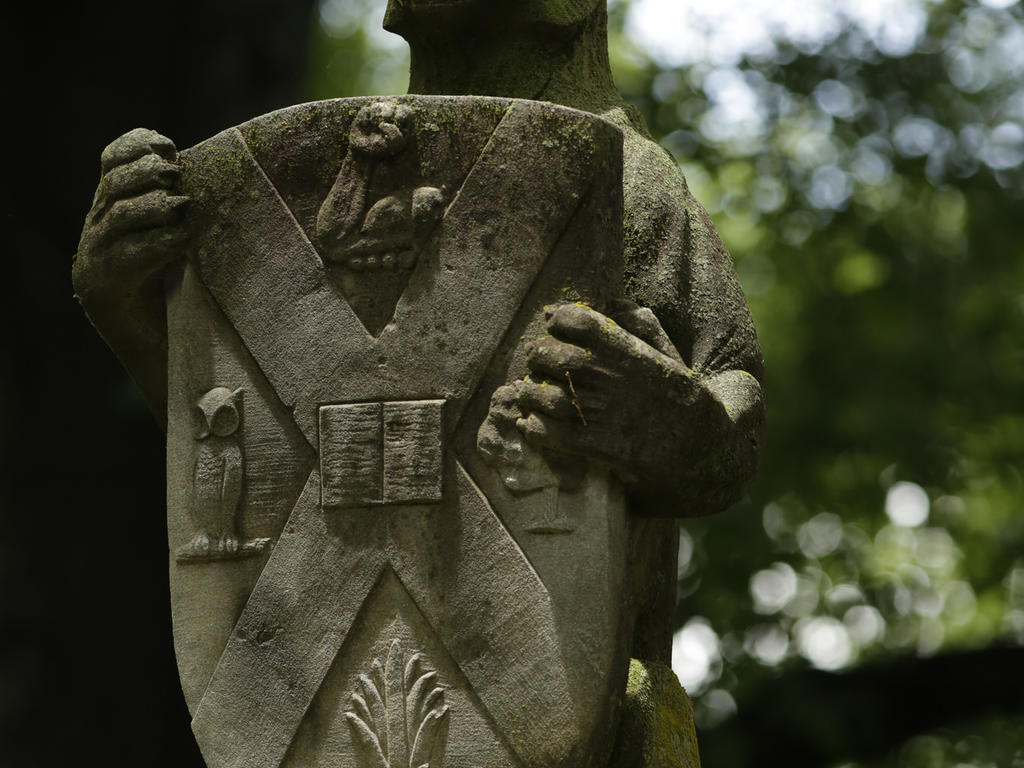Rhodes has offered a path to an engineering degree through a partnership with Washington University in St. Louis for many years. In the past ten years, engineering options have expanded to include Christian Brothers University and the University of Memphis as well as a joint program in biomedical engineering at the University of Memphis and the University of Tennessee. Upon completion of the program, students receive a B.S. or B.A. from Rhodes and another degree in engineering from the partner institution.
The growth of the program can be accredited in part to engineering schools having repeatedly sought out talented Rhodes students and to the countless successes that students have found through the program. Since 1995, eight students have received engineering bachelor’s degrees from Washington University, and two have received master’s degrees in biomedical engineering through the program, with the number of students participating steadily on the rise.
Dr. Ann Viano, coordinator of the program, notes that the program was put in place to help students realize that there is not just one way to become an engineer. Viano adds that “nearly 40 percent of physics majors at Rhodes end up as engineers.” However, this program “provides for students who not only want a degree in engineering but also see the value of a liberal arts education. There is also an option for an accelerated path to a master’s degree.”
Viano suggests that the program benefits Rhodes students in a variety of ways. For instance, it grants participants the best of both worlds—the tight-knit community Rhodes offers and the technology/research opportunities that an engineering school can offer. Viano also says that participation in the dual degree program rather than going straight to a technical school benefits students in that they may boast more diverse credentials which can be very attractive to potential employers.
Shannon Speer ’16, a chemistry major from Waxhawm, NC, is currently pursuing a dual degree in which she will attend Rhodes for three years before going on to study biomedical engineering for two years in the joint graduate program. Speer says that the program “has been an amazing opportunity because I can begin my master’s a year earlier than I would be able to without the program.”
Upon successful completion of the program, Speer will receive a B.S. from Rhodes as well as an M.S. in biomedical engineering from the University of Memphis and the University of Tennessee. “I am grateful Rhodes offers this program because I get to have a liberal arts education while also obtaining a degree in engineering,” she says.
(information compiled by Rhodes Student Associate Sophie Anderson ’15)
